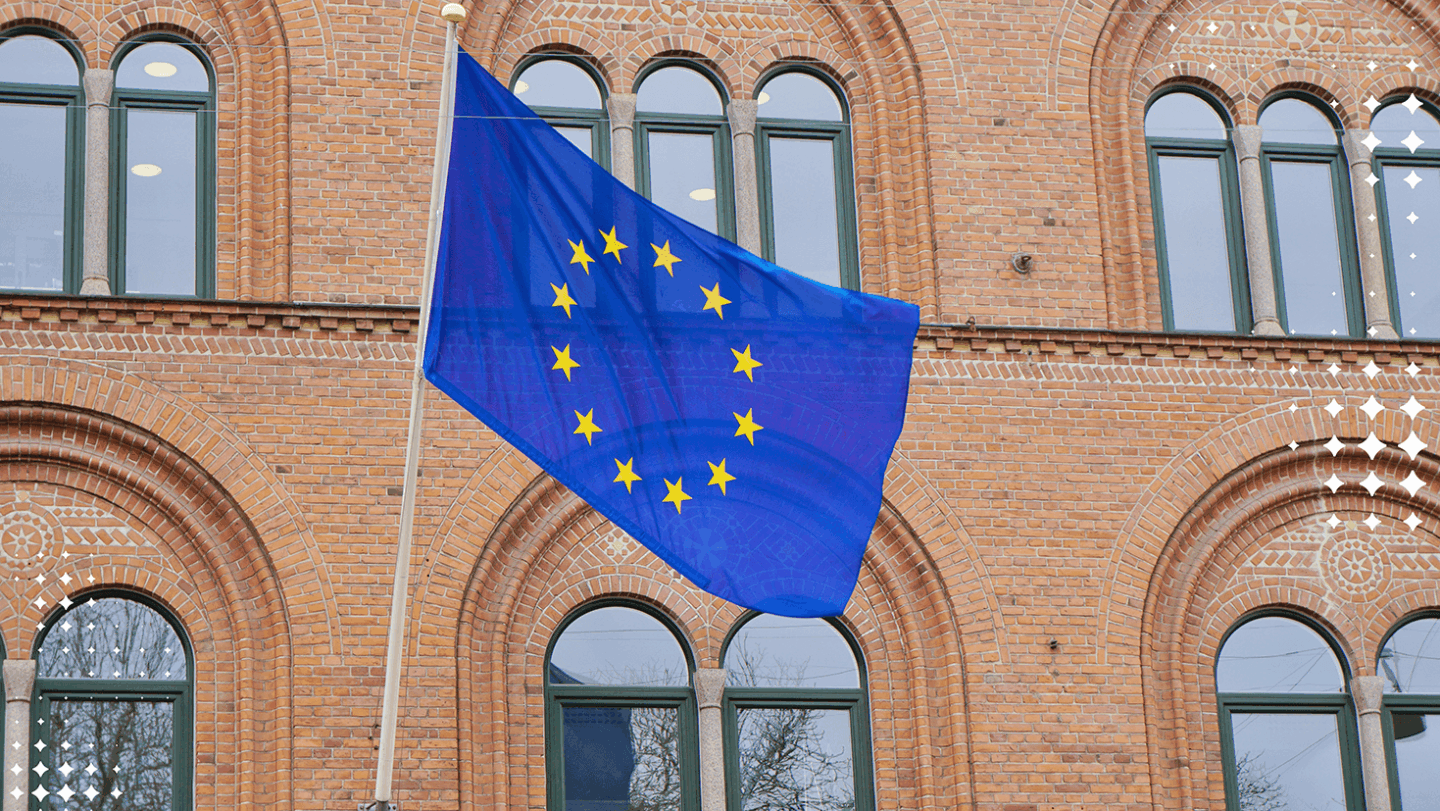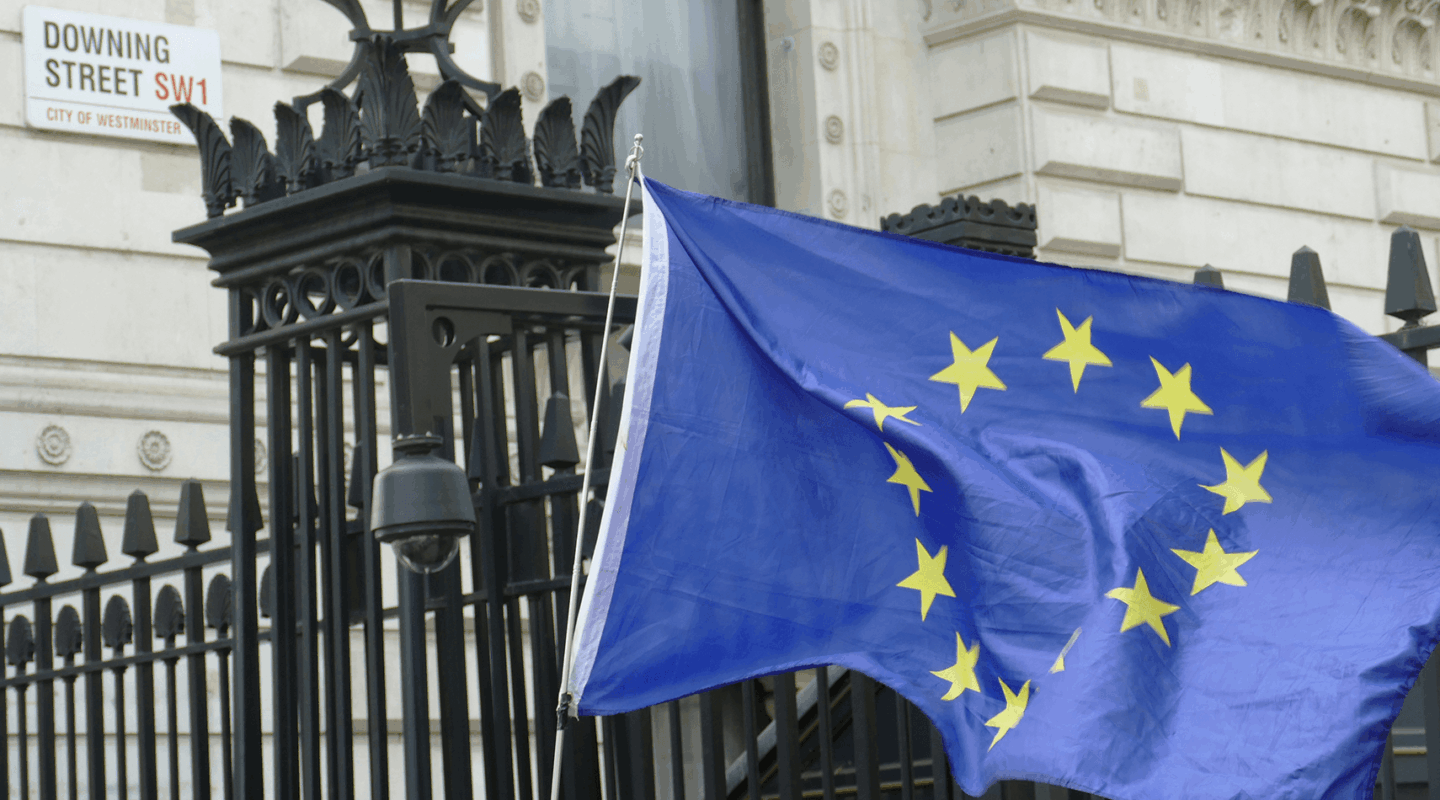
Sound Trade Marks: Safeguard Your Brand’s Unique Identity
Your brand’s sound identity is a secret weapon, creating lasting impressions and emotional connections. Our Sound Trade Mark service offers end-to-end protection for your signature sound, ensuring that it is protected across all platforms.
Sound Trade Marks Explained
Sound trade marks are distinct sounds that serve to uniquely identify the source of a product or service, just like a visual logo or brand name. These can include melodies, jingles, or specific audio logos that establish a strong connection with a brand. Examples of well-known sound trade marks include the Intel chime, the MGM lion's roar, and the Netflix "Tudum" sound.
Unlike traditional visual trade marks, sound trade marks capture the attention of the auditory senses, creating a memorable and distinctive identity. They offer a unique branding opportunity for businesses to differentiate themselves through a specific sound profile.
Sound trade marks are ideal in contexts such as:
- Software products
- Podcasts
- Radio ads
- Public announcements (e.g., airports, malls, stadiums)


Benefits of Protecting Your Sound Trade Marks with Abion
- Comprehensive Protection Strategy: Abion provides a 360 approach to brand protection, combining sound trade marks with other forms of IP protection (such as visual trade marks and domain management) to secure your brand across all platforms
- Streamlined Process: We ease the registration process by managing all the necessary paperwork, submissions, and communications with relevant intellectual property offices, saving you time.
- Global Reach: With expertise in international trade mark law and local offices around the world, Abion helps you secure sound trade marks in multiple jurisdictions. This ensures your brand is protected wherever you currently operate or plan to expand to.
3 Reasons to Trade Mark Your Sound
Start Protecting Your Sound Identity
Get expert legal support and strategy from our in-house specialists. Contact us today!
End-to-End Protection for Your Signature Sound
At Abion, we specialise in providing comprehensive sound trade mark protection to help you secure your brand’s unique audio identity. From evaluating whether your sound qualifies for trade mark protection to navigating the complexities of the registration process, our team of experts is here to guide you every step of the way.
Our legal professionals bring extensive expertise in trade mark law, ensuring that your sound trade mark is not only registered correctly but also strategically positioned to provide maximum protection and value for your brand. We handle all aspects of the process, from preparing and submitting the necessary documentation to managing renewals and defending against infringements.
By partnering with Abion, you gain access to a full suite of services tailored to protect your sound trade mark across all platforms and jurisdictions, providing you with peace of mind and a competitive edge in the marketplace.
Sound Trade mark or Copyright: Which Protects Your Brand Better?
While copyright automatically protects original sounds, there are clear advantages to registering a sound as a trade mark. First, a sound trade mark is often more recognisable and provides stronger, more specific protection for your brand. Unlike copyright, which protects against exact copying, a trade mark can be enforced against any use that creates a similar overall impression, even if it’s not identical. This makes it easier to stop others from using sounds that are confusingly similar to yours.
Sound Trade Marks: The Key to Commercial Flexibility
Additionally, sound trade marks are easier to license, sell, or monetise, offering more flexibility and control over how your sound is used commercially. Trade mark rights are also more straightforward to enforce, as they provide clear legal grounds to act against infringements, whereas copyright can be harder to defend unless there is a total duplication of the original work.
In essence, a sound trade mark provides more comprehensive protection, making it a valuable asset for any brand looking to establish a unique and enforceable presence in the marketplace.
Why a sound trade mark is not the same thing as copyright
Registering sound trade marks, or audio trade marks, offers significant advantages over standard corporate registrations. Sound trade marks are more recognisable and provide stronger legal protection. They are easier to license, sell, and monetise, offering a more enforceable right compared to traditional copyrights.
When applying for a sound mark registration, it is crucial to submit an audio file that meets specific technical requirements, such as file size limitations and a detailed description of the sound, whether the application is submitted digitally or on paper.
A sound trade mark protects a specific sound that uniquely identifies a brand or product in the marketplace. It is concerned with how the sound is used to represent a brand, much like a visual logo or a brand name. Copyright, on the other hand, protects creative works, including music, films, and other artistic expressions. It grants the creator exclusive rights to reproduce, distribute, and perform the work.
Benefits of using sound or audio in branding
- Unique branding: A sound trade mark gives your brand a distinctive audio identity that stands out and is easily recognised. It helps cut through market noise, enhancing brand recognition and ensuring your business remains memorable.
- Emotional Engagement: Sounds can evoke emotions and memories, helping to build a deeper connection with customers. A well-crafted sound trade mark can enhance brand loyalty by creating a positive emotional response.
- Versatility Across Platforms: Sound trade marks are highly versatile and can be used across various platforms and media, from radio and television to online content and mobile apps. This ensures consistent branding in different environments.
- Sound Effects in Branding: Sound effects can play a crucial role in creating unique and recognisable brand identifiers. When these sound effects are unique and source-identifying, they can be registered as sound marks with the relevant patent and trademark office, providing a competitive advantage.
- Multisensory Branding: Incorporating sound into your brand strategy enables multisensory engagement. This can be particularly powerful in advertising, where sound complements visual elements to reinforce brand messaging. Sound trademarks have the unique advantage of getting stuck in your head—often making a memorable impact even when the visual logo is forgotten.
- Competitive Advantage: Having a unique sound trade mark can give your brand a competitive edge, particularly in industries where sound is a key element of the customer experience, such as entertainment, technology, and retail.
Related read
Frequently Asked Questions about Sound Trade Marks
A sound trade mark is a type of trade mark consisting of a specific sound or a unique melody. Sound trade marks are purely auditory and have no visual elements.
Any company that has a unique sound or melody as an identifier can apply for trade mark registration.
Sound marks that are unlikely to be accepted without evidence of factual distinctiveness (secondary meaning) include:
- Very simple pieces of music, such as those consisting of only one or two notes (e.g., the ‘ding-dong’ of a doorbell).
- Sounds that are part of the common domain (e.g., "La Marseillaise" or "Für Elise").
- Sounds that are too long to be considered as an indication of origin, such as an entire song.
- Sounds typically associated with specific goods or services, like the sound of an engine for vehicles in class 12.
Trade mark protection generally lasts for ten years, just like other types of trade marks. The protection can then be renewed for additional ten-year periods, an unlimited number of times.
Yes, a sound trade mark can be registered in multiple jurisdictions through international systems like the Madrid Protocol or the European Union Trade Mark (EUTM). This ensures your sound is protected across different countries and markets.
Related services

IP Due Diligence





